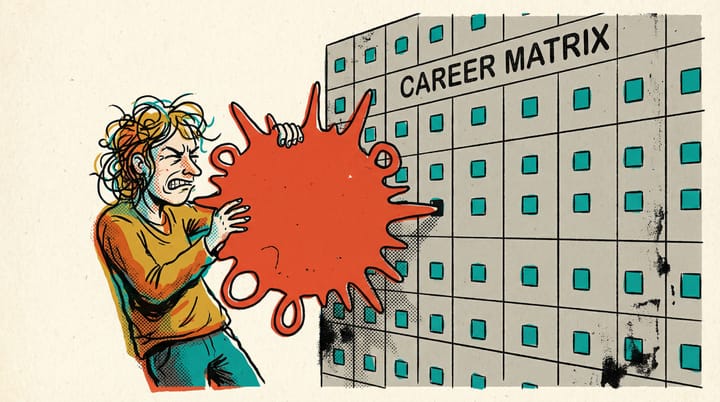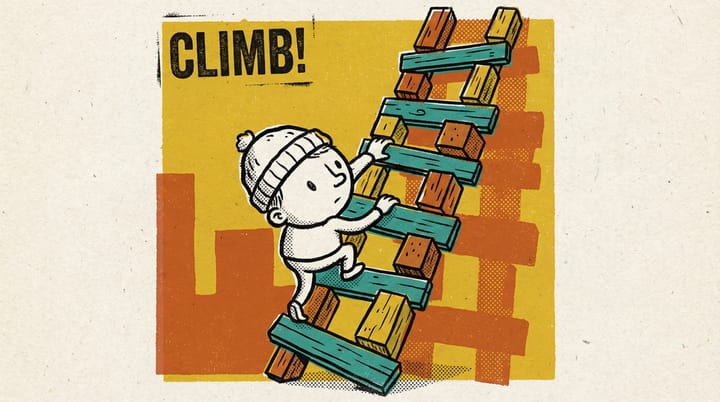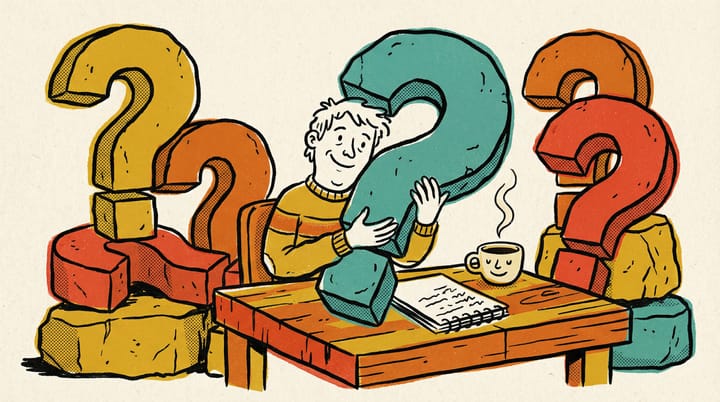The Perfect Career Framework

There's no such thing.
Most people have a simple rule for judging a career framework: if it is working for them (e.g. they're getting promoted when they want / expect to be), they love it. Otherwise, it sucks.
Human beings are infinitely complex and nuanced. Whereas, a career framework / ladder / matrix is ultimately meant to put people in levels / buckets / boxes. By definition, any such system is bound to make mistakes.
Rather than defend a flawed system, or claim perfection, I often start growth conversations by admitting all career frameworks are imperfect. I've found that this creates a much more open dialogue.
So, what is to be done?
Many organizations and leaders will make the career frameworks more elaborate over time: specialized ones for different roles, try to articulate and incorporate different types of impacts etc.
The thinking goes, this would make the process more objective, fair and transparent. For employees, they believe adding more details and specificity will help clarify expectations: if someone doesn't get the promotion they want, they'll walk away with a clear idea of what they need to do differently.
IMO this rarely works.
Even the most elaborate of career frameworks has the same drawbacks. There's always room for bias and interpretation. If you don't get what you want, you rarely think "ah the matrix was right after all, I know what I must do" – no, you blame and resent and feel it's unfair and question the leadership. And to be fair, all leaders have sat in calibration meetings where two similar situations are being discussed and the more charming / persuasive / loud manager gets their way.
So, what is to be done?
A big part of our job as leaders and managers is to exercise judgement. The process of taking multi-layered, multi-dimensional, infinitely complex humans and putting them into boxes necessarily involves judgement. Rather than hide it or minimize it, over the years, I found that leaning into it actually is more honest.
Of course, you'll still make mistakes. And you still need a solid process with checks and balances to catch bias, correct errors, create accountability (poor judgement should have consequences). But this way managers understand that exercising judgement is a core part of their job and they can be more intentional in getting better at it.
Likewise, employees are not under the delusion that there's a fully objective framework that will accurately capture every single thing they've done or supposed to do, or that it'll stay accurate over time as their role changes, as their manager changes etc. Instead, they can have honest and open conversations with managers about expectations, impact, responsibilities, accountability, growth, attribution etc.
What do you think? Have you found the perfect career ladder?

